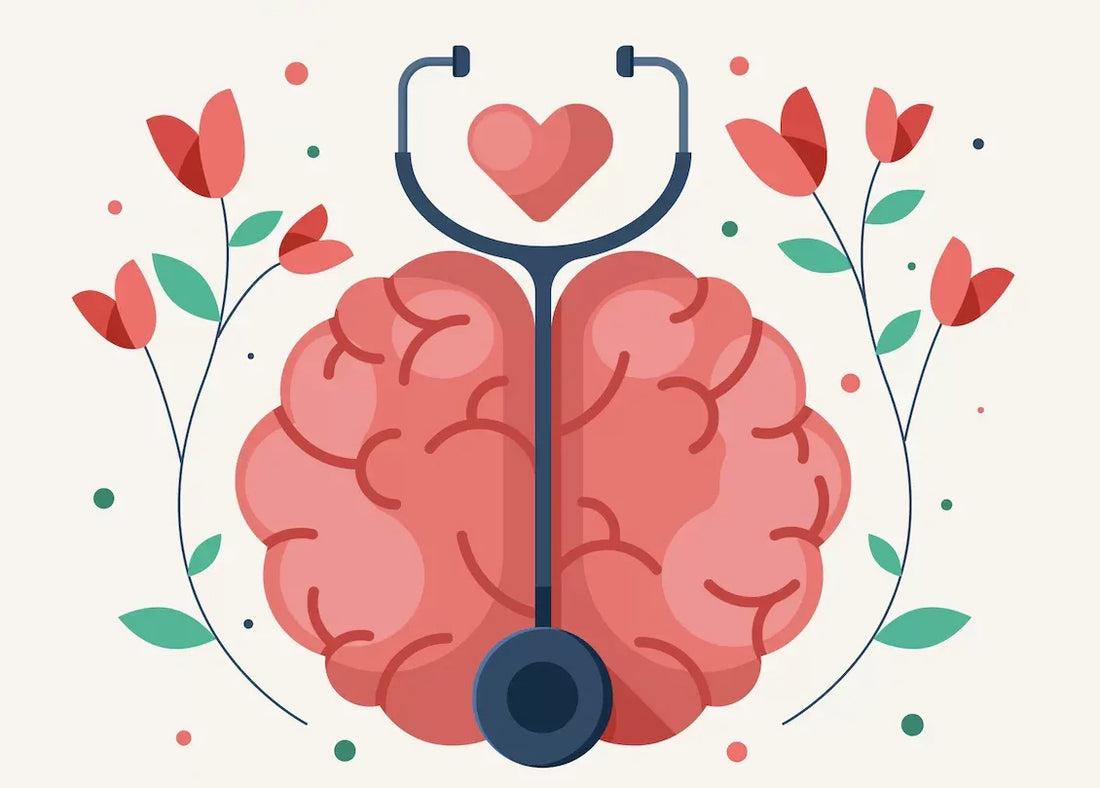Table of Contents
Hope is one of the most fundamental human emotions, playing a vital role not only in facing life's challenges but also in maintaining mental health. Hope is the belief that even in the face of adversity, improvement is possible, and this belief provides the energy to move forward and overcome difficulties. In other words, hope acts as a driving force that helps individuals move past hardships and face future challenges with courage.
The Role of Hope in Mental Health
In our lives, there are times when we feel hopeless, fatigued, or helpless. During such moments, hope can act as a healing force. When individuals face negative emotions, hope works like a light in the dark, empowering them to deal with difficulties. Hope can manifest in various forms. For some, it may stem from faith in a higher power, while for others, it arises from belief in their own abilities or the support of loved ones. Additionally, hope can be linked to specific goals or desires, such as recovery from an illness, finding a dream job, or achieving success.
Hope also takes different forms in psychotherapy. One form is collective hope, which encourages individuals to work toward common goals and strive for a better future together. Another form, "chosen hope," enables individuals to act even when the future seems uncertain and ambiguous, allowing them to manage fears and despair.
Mental Health Benefits of Hope
Hope has been shown to positively affect various aspects of mental health. Numerous studies have demonstrated that hope can aid in improving psychological well-being in several key areas:
1. Reducing Stress and Anxiety
Hope can help reduce stress and anxiety by fostering a positive outlook on the future. When people feel hopeful, they believe that their current difficult situation will not last forever and that things will improve over time. This belief helps individuals approach life with a more positive attitude, which reduces their levels of stress and anxiety. Studies have shown that individuals with higher levels of hope generally experience lower levels of anxiety and depression.
2. Enhancing Coping Skills
People with hope are more resilient when facing challenges. They tend to approach difficult situations with a problem-solving mindset and seek support from others when needed. Hopeful individuals are better at managing adversity and maintaining a positive, proactive outlook.
3. Boosting Motivation
Hope also fuels motivation by providing a sense of purpose and direction. It encourages individuals to keep striving toward their goals and to overcome obstacles along the way. When a person is hopeful, they are more likely to persist in their efforts and remain focused on their objectives.
4. Increasing Life Satisfaction and Overall Well-being
Hopeful individuals tend to have better mental and physical health and report greater life satisfaction. They enjoy positive relationships, feel a sense of meaning and purpose, and experience higher levels of well-being. Studies have shown that hope is directly linked to increased life satisfaction and psychological well-being.
5. Aiding Recovery and Healing
In the context of mental health disorders, hope is considered a key element in recovery and treatment. Hope gives individuals the motivation to participate in treatment and stay committed to it, which can help manage symptoms and improve recovery outcomes. Research has shown that hope is positively associated with treatment outcomes for individuals with depression and anxiety disorders. Furthermore, a study published in the Journal of Traumatic Stress found that hope is positively correlated with resilience and recovery outcomes for individuals who have experienced traumatic events.

Read Nikman Travel to 2222, where the author explores the power of hope and its impact on human life, showing how hope can serve as an agent of change, leading individuals toward healing and improvement.
Hope is one of the most important factors that influences mental health. It empowers individuals to face life's challenges and fosters a positive outlook on the future. Especially during times of crisis, hope acts as a guiding force, helping individuals navigate through difficult situations. Ultimately, hope is what allows individuals to remain optimistic and believe that a brighter future is possible.



